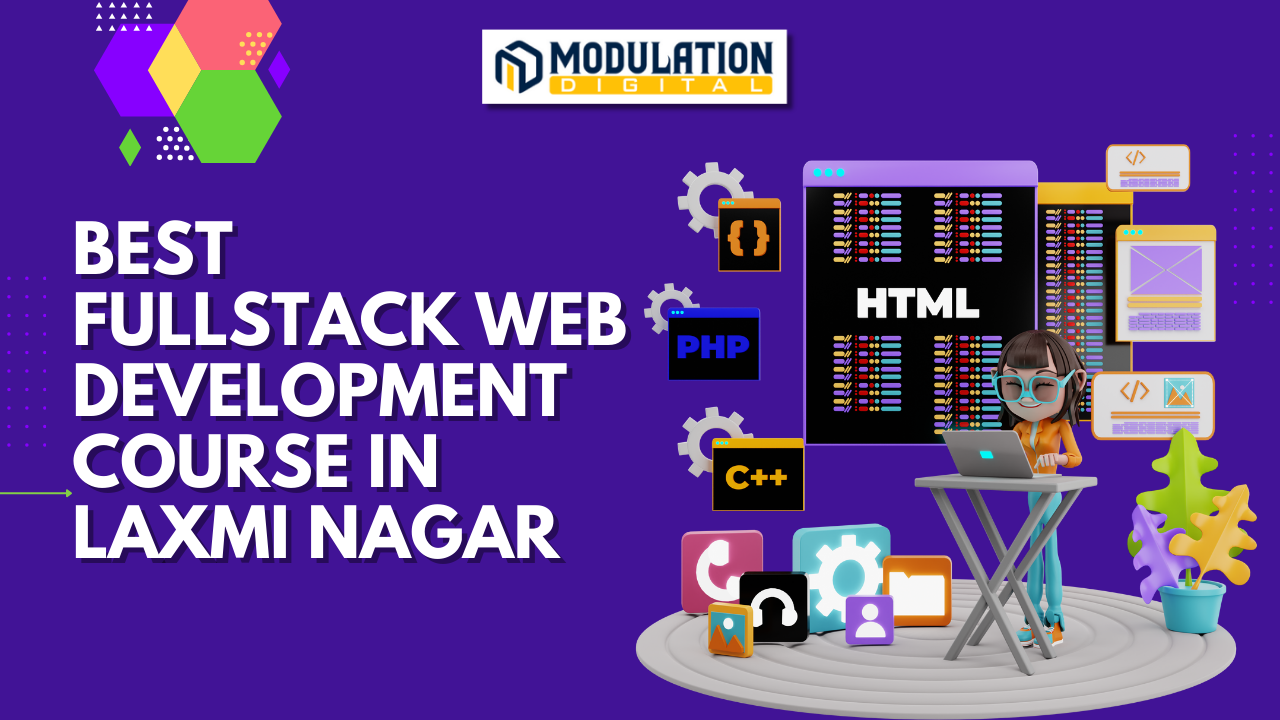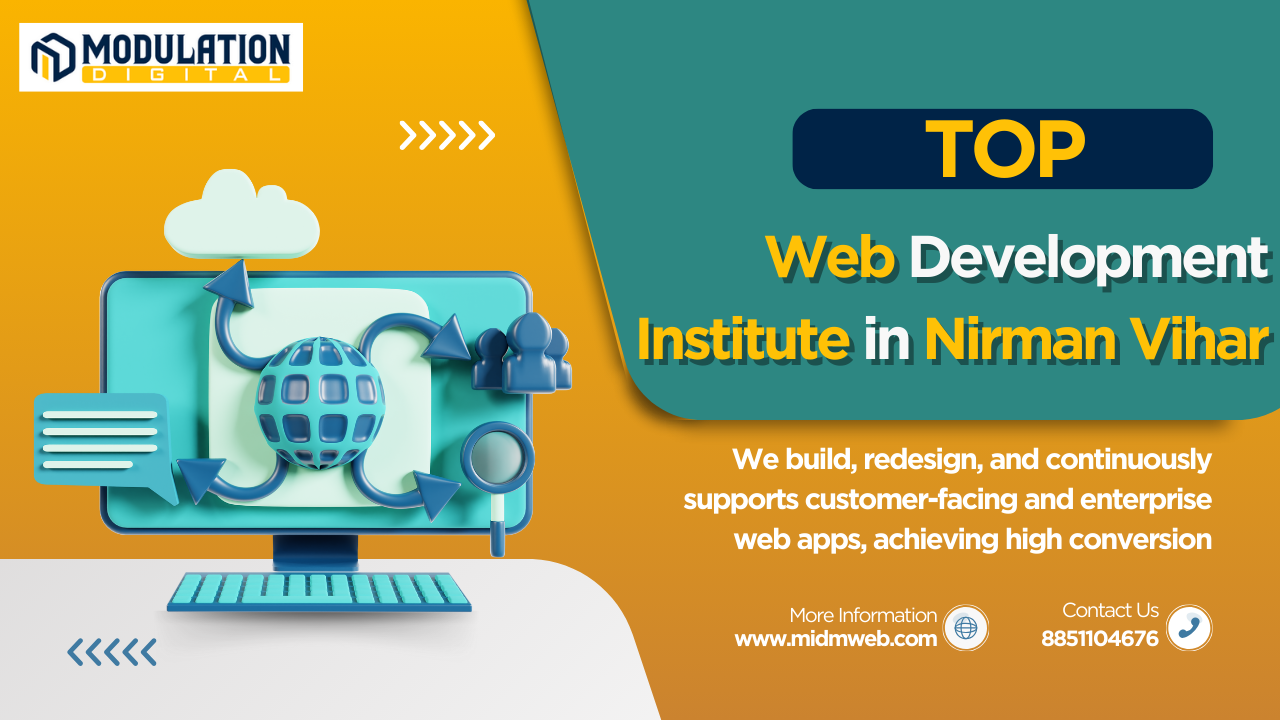
Introduction of Data Science :
Data science is a multidisciplinary field that combines statistical analysis, programming, and domain expertise to extract meaningful insights from data. How to Build a Successful Career in Data Science With the rapid growth of big data, data science has become crucial for organizations across various sectors, including technology, finance, healthcare, and marketing.
According to the U.S. Bureau of Labor Statistics, the demand for data scientists is expected to grow by 36% from 2021 to 2031, significantly faster than average job growth rates. Data scientists utilize tools and techniques such as machine learning, data mining, and predictive analytics to uncover patterns and inform decision-making.
Understanding the Challenges in the Tech Industry : How to Build a Successful Career in Data Science
The technology industry is changing at an unprecedented speed, presenting several difficulties for professionals. These include rapid advances in technology, strong rivalry, and skill shortages. Let’s take a closer look at these difficulties.
Skill Gap :
Overview of Required Skills :
Professionals in the tech sector require a strong foundation in critical subjects like programming, analytics, and machine learning. These skills are necessary for positions in software development, artificial intelligence, data science, and other fields.
Statistics on Skill Gaps in the Industry :
Despite the high demand for these skills, there is a significant skill gap in the industry.There is a sizable talent gap in the sector despite the increased demand for these skills. More than 70% of businesses reportedly have trouble finding applicants with the necessary technical abilities. This disconnect is especially noticeable in advanced domains like machine learning, where a very tiny proportion of individuals possess the knowledge necessary to satisfy market demands.
Intense Competition :
Overview of Evolving Tools and Technologies :
The tech sector is known for its never-ending innovation. Because new tools, frameworks, and technologies are always being released, professionals must always be updating their abilities.
Current Job Market Trends :
The tech job market is highly competitive. With the rapid growth of technology companies and startups, there is an increasing demand for skilled professionals. However, this demand is met with an equally high number of applicants, leading to intense competition.
Statistics on Job Openings vs. Number of Applicants :
For every job opening in the tech industry, there are often hundreds of applicants. In some specialized areas, the ratio of applicants to job openings can be as high as 10:1. This competition makes it challenging for even well-qualified candidates to secure positions, especially in high-demand fields.
Acquiring Essential Skills :
Having the necessary skills is crucial for anyone hoping to excel in today’s tech-driven sectors, such as software development, data science, or artificial intelligence. An outline of the essential abilities you must acquire and the top resources to get you started are provided below.
Statistics and Mathematics :
Importance in Data Analysis :
Statistics and mathematics form the backbone of data analysis. Understanding these concepts is essential for making sense of complex data sets, identifying trends, and making informed decisions. Skills in probability, linear algebra, and calculus are particularly important, as they underpin many advanced data science techniques.
Recommended Courses and Topics :
To build a strong foundation in statistics and mathematics, consider taking courses that cover topics such as probability, linear algebra, and calculus. Online platforms like Coursera, edX, and Khan Academy offer comprehensive courses tailored to different skill levels.
Programming :
Key Languages – Python and R :
Programming is a must-have skill for anyone in tech, particularly in data science and machine learning. Python and R are the most widely used languages in these fields due to their flexibility, extensive libraries, and strong community support.
Resources for Learning Programming :
There are numerous resources available for learning Python and R. Online courses from platforms like Udemy, Codecademy, and Coursera offer structured learning paths. Additionally, books like “Automate the Boring Stuff with Python” and “R for Data Science” provide in-depth knowledge and practical examples.
Data Visualization :
Importance of Visualizing Data Effectively :
Data visualization is crucial for interpreting data and communicating insights effectively. Visualizations help to simplify complex data, making it easier to understand and act upon. Mastering this skill allows you to present data in a clear and compelling way, which is essential for decision-making processes.
Popular Tools: Tableau, Power BI, matplotlib :
Tools like Tableau and Power BI are popular for creating interactive and visually appealing dashboards. For those who prefer coding, matplotlib is a powerful Python library that allows for custom visualizations. These tools are user-friendly and offer extensive features for creating detailed and dynamic visualizations.
Machine Learning :
Overview of Machine Learning Concepts and Algorithms :
Machine learning is at the forefront of modern technology, driving innovations in various industries. Understanding basic concepts such as supervised and unsupervised learning, as well as algorithms like decision trees, neural networks, and support vector machines, is essential for anyone looking to specialize in this area.
Suggested Learning Platforms and Certifications :
To get started with machine learning, platforms like Coursera, edX, and DataCamp offer courses that range from beginner to advanced levels. Certifications from institutions like Google, Microsoft, and IBM can also enhance your credentials and improve your job prospects.
Gaining Practical Experience in Tech :
Gaining practical experience is crucial for building a successful career in tech. Whether you’re aiming to become a data scientist, software developer, or AI specialist, hands-on experience is invaluable. Here’s how you can get started.
Real-World Projects :
Importance of Hands-On Experience :
Hands-on experience is essential for applying theoretical knowledge to real-world scenarios. By working on actual projects, you gain a deeper understanding of the tools and technologies used in the industry, improve problem-solving skills, and build a portfolio that showcases your abilities.
Platforms for Finding Projects: Kaggle, GitHub :
Platforms like Kaggle and GitHub are excellent resources for finding real-world projects. Kaggle offers a wide range of data science and machine learning challenges that allow you to apply your skills and learn from others in the community. GitHub, on the other hand, is a platform where you can contribute to open-source projects, collaborate with other developers, and showcase your code to potential employers.
Internships and Co-op Programs :
Benefits of Real-World Experience :
Internships and co-op programs provide invaluable real-world experience. They allow you to work on actual projects within a company, giving you insight into industry practices, team collaboration, and the day-to-day challenges of a tech professional. Additionally, internships often lead to full-time job offers, making them a critical step in launching your career.
Tips for Securing Internships :
Securing an internship requires preparation and strategy. Start by building a strong resume that highlights your skills and projects. Networking is also crucial—connect with professionals on LinkedIn, attend industry events, and engage in online communities related to your field. Additionally, tailor your applications to each position, emphasizing how your skills align with the company’s needs.
Staying Updated with Industry Trends :
Stay up with the newest developments in the ever changing tech world to advance your career. Whether you’re a beginner or an experienced expert, staying up to date on market trends keeps you competitive. Here’s how to remain up to date and knowledgeable.
Following Industry News :
Recommended Blogs, Journals, and Newsletters :
Keeping up with industry news is essential for understanding the latest technologies, tools, and trends. Some top resources include blogs like TechCrunch and Ars Technica, journals like IEEE Spectrum, and newsletters like Data Elixir for data science and Python Weekly for programming.
Importance of Staying Informed :
Staying informed helps you anticipate industry shifts, adopt new technologies early, and understand the evolving demands of the job market. It also enables you to engage in meaningful conversations with peers and contribute to discussions on emerging trends, enhancing your professional reputation.
Attending Conferences and Meetups :
Benefits of Networking and Learning :
Attending industry conferences and meetups offers invaluable opportunities for networking and learning. These events bring together experts, innovators, and enthusiasts, providing a platform to exchange ideas, discover new technologies, and expand your professional network.
Examples of Notable Events: Strata Data Conference, PyCon :
Notable events like the Strata Data Conference and PyCon are prime opportunities to learn from industry leaders, attend workshops, and stay updated on the latest trends in data science and Python programming. These events also offer hands-on sessions that can enhance your skills and provide practical knowledge.
Engaging in Continuous Learning :
Importance of Advanced Courses and Certifications :
In the IT sector, remaining current requires constant learning. Obtaining further education and certifications not only displays your dedication to professional development but also enhances your area of expertise. They assist you in gaining certain talents that can help you stand out in a tough employment market.
Recommendations for Certification Programs :
Consider certifications like Google’s Professional Data Engineer, Microsoft’s Azure AI Engineer, or AWS Certified Solutions Architect. These programs are recognized industry-wide and can significantly boost your credibility and job prospects. Online platforms like Coursera, edX, and Udacity offer a variety of certification programs.
Developing Soft Skills :
Communication :
It’s important to effectively communicate your findings to non-technical stakeholders. Practice writing clear reports and presenting data insights. Good communication helps ensure that your analysis has the intended impact.
Problem solving :
Data science involves solving complex problems. Develop your problem-solving ability by tackling different data challenges and thinking critically about data solutions. Being able to approach problems from different angles is the key to finding effective solutions.
About Data Science : How to Build a Successful Career in Data Science
Building a successful career in data science requires mastering essential skills like statistics, programming, data visualization, and machine learning. Gaining practical experience through real-world projects and internships is crucial, as is staying updated with industry trends by following relevant news, attending conferences, and engaging in continuous learning. So after reading this blog you can say that How to Build a Successful Career in Data Science .
Never forget that every challenge presents a chance for improvement. Continue to be interested, to learn, and to be enthusiastic about your adventure. Although becoming a data scientist is a challenging career path, significant success is achievable with the correct attitude and persistence. Continue moving forward, and your enthusiasm for data will move you to new professional heights.








